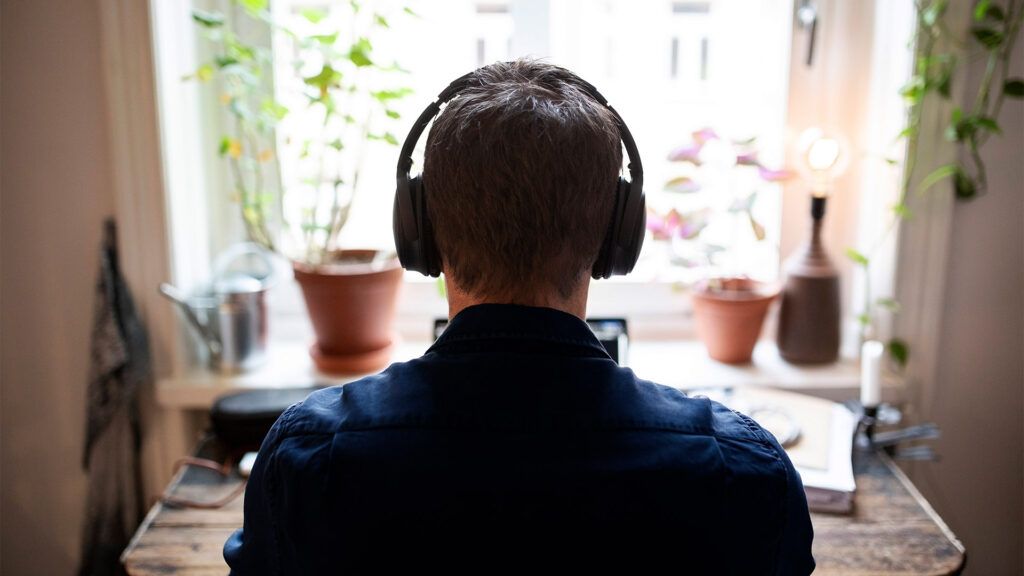The main avoidant personality disorder (AvPD) treatment is talk therapy. Due to a lack of research, though, there is no clear recommendation on what type of talk therapy works best.
AvPD is a rare mental health condition that affects between
With treatment, people may be able to replace critical thoughts about themselves with more balanced ones and unhelpful responses with healthier ones. This may reduce their anxiety and allow them to connect more easily with others.
This article explores AvPD treatments including therapy and medications, and answers some frequently asked questions.

The main treatment for AvPD is talk therapy, or psychotherapy.
However, as with many other personality disorders not in cluster B, there is
Some options that could help include:
- cognitive behavioral therapy (CBT)
- psychodynamic therapy
- social skills training
- schema therapy
- interpersonal therapy (IPT)
There is also limited research on medications for AvPD. Interventions that help with social anxiety disorder, which has much in common with AvPD, could help reduce symptoms of anxiety.
People may need to try several approaches or combinations to find what works for them.
CBT is a form of psychotherapy that focuses on the interaction between thoughts, feelings, and behavior. It aims to help people identify unhelpful thoughts that can lead to emotions and behaviors that reduce quality of life.
For example, in AvPD, a thought such as “I am not good at talking to people” might prevent a person from making friends. This then reinforces the belief, creating a vicious cycle.
Once a person identifies these thoughts, a therapist who specializes in CBT then helps the person learn how to spot these thoughts as they happen in everyday life. Gradually, CBT may help change the thoughts to ones that are more balanced.
A relatively small 2018 study of 62 people with AvPD found that CBT was more effective for reducing symptoms than being on a waiting list without therapy or receiving only brief psychodynamic therapy. The results remained when the researchers followed up with participants 6 months later.
Courses of CBT tend to involve exercises a person can do themselves at home. They can also be shorter than some other forms of therapy. Often, CBT involves weekly hour-long sessions over the course of
Psychodynamic therapy focuses on how events in the past, particularly early family experiences, can affect a person’s current beliefs and behavior. It typically takes place over a longer period of time than CBT. For AvPD, this form of therapy may be helpful.
People with AvPD may have difficulty trusting a therapist at first and may find it hard to talk honestly or express emotions due to fear of judgment.
In psychodynamic therapy, though, the therapeutic relationship
When ready, the therapist may ask about:
- how socializing makes the person feel
- what influences underlie those feelings
- how a person’s way of approaching relationships has evolved
Once a person understands the cause of their feelings, the therapist will work with them to reduce negative beliefs and shift them toward a more realistic view.
However, as with CBT, there is little research on the effectiveness of this treatment, with most research consisting of single case studies.
For those with AvPD, interacting socially may be a daunting prospect. Social skills training (SST) is a type of behavioral therapy that focuses entirely on helping people practice and gain confidence in their ability to socialize.
SST may provide practical tools for clear communication, conversational skills, and relationship-building. This, in turn, may help peoples’ self-esteem.
SST can help people learn certain social skills and develop confidence. However, it is most effective when individuals undergo it in conjunction with other therapies, such as CBT.
The Food and Drug Administration (FDA)
A doctor may prescribe
Below are some frequently asked questions about AvPD:
Can you overcome AvPD?
AvPD is a condition that affects
That said, even if a person no longer meets the criteria for AvPD, they may still have some symptoms.
Can people with AvPD be in a relationship?
Yes, people with AvPD can be in a relationship. Although people with AvPD may avoid social situations, they often long for closer connections. With therapeutic support, they may develop their self-esteem and the necessary skills to sustain relationships.
What happens if AvPD goes untreated?
Without treatment, AvPD can have a significant impact on a person’s quality of life. Social isolation may lead to persistent loneliness, high levels of frustration, further negative thoughts about oneself, and possibly other conditions, such as depression.
However, help is available. People who believe they may have AvPD can discuss their concerns, without judgment and confidentially, with a therapist.
Suicide prevention
If you know someone at immediate risk of self-harm, suicide, or hurting another person:
- Ask the tough question: “Are you considering suicide?”
- Listen to the person without judgment.
- Call 911 or the local emergency number, or text TALK to 741741 to communicate with a trained crisis counselor.
- Stay with the person until professional help arrives.
- Try to remove any weapons, medications, or other potentially harmful objects if it’s safe to do so.
If you or someone you know is having thoughts of suicide, a prevention hotline can help. The 988 Suicide and Crisis Lifeline is available 24 hours a day at 988. During a crisis, people who are hard of hearing can use their preferred relay service or dial 711 then 988.
Currently, there is
Treatment may change negative thought patterns and help improve quality of life, while social skills training may equip individuals with practical tools for social interactions. While not a stand-alone solution, medications may offer relief from certain symptoms.
